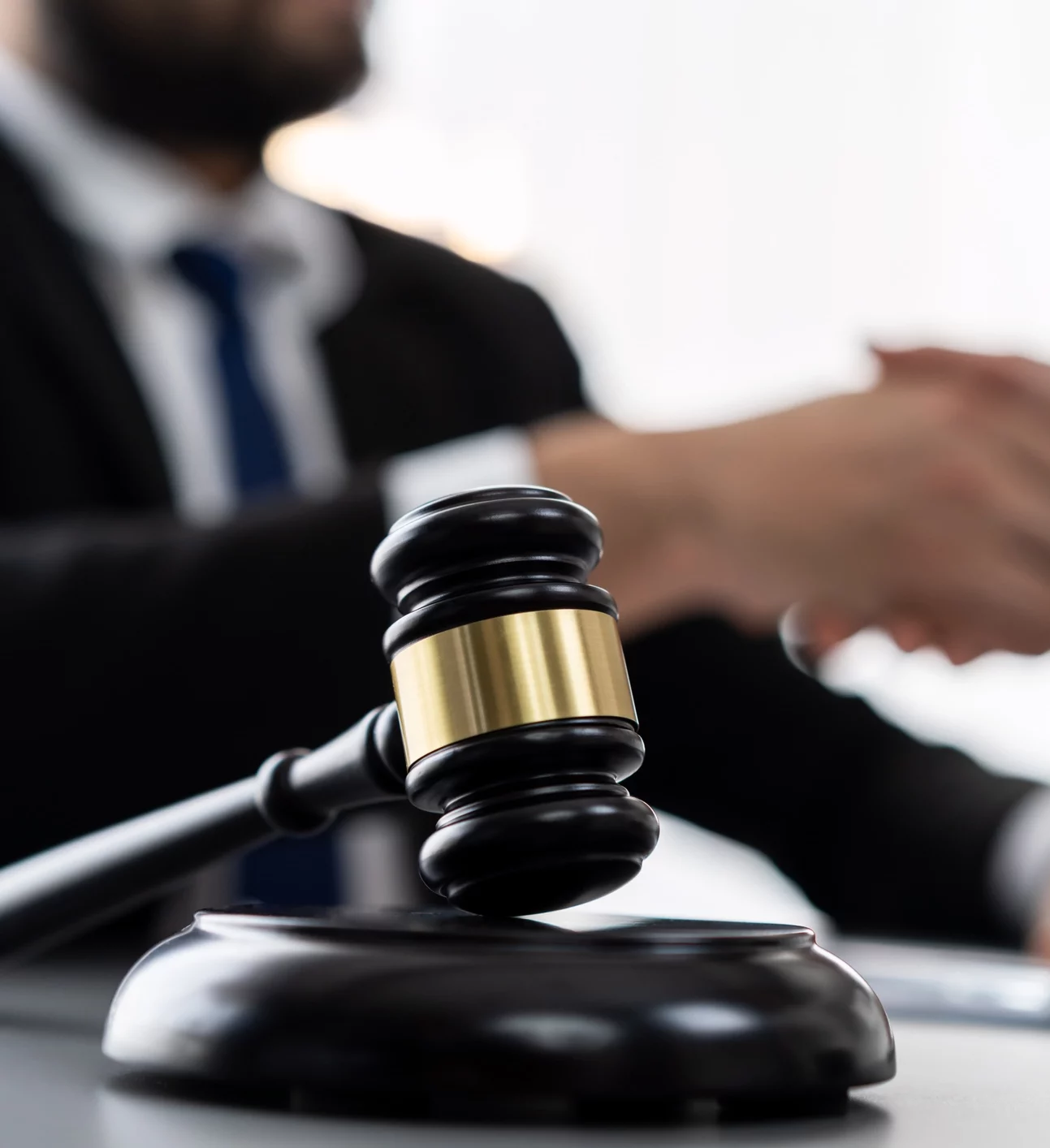Yes, whistleblowers are protected from retaliation under several U.S. laws, including the False Claims Act. These laws safeguard whistleblowers from being fired, demoted, harassed, or otherwise retaliated against in their employment due to their whistleblower activities. Protections are triggered when whistleblowers take actions to expose or prevent fraud against the government, such as reporting internally, refusing to partake in fraudulent activities, or filing a lawsuit. If retaliation occurs, whistleblowers may seek remedies such as reinstatement, double back pay, and other compensations. Legal advice is crucial to effectively navigate these protections and ensure rights are fully safeguarded.





